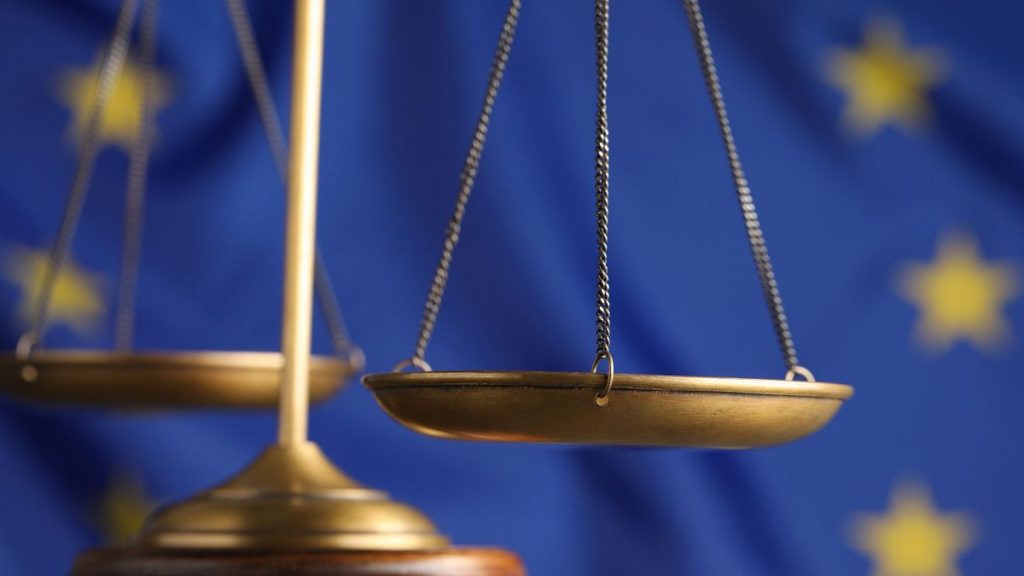New figures reveal that European countries are woefully underfunding their justice systems compared to other sectors of the public sector. The economic strain caused by global events such as the COVID-19 pandemic and conflict in Ukraine has exacerbated court backlogs and staff shortages. The Council of Europe’s European Commission for the Efficiency of Justice (CEPEJ) found that the continent only spends about 0.31% of its GDP on justice, equating to an average of €85.40 per inhabitant per year. Wealthier countries like Switzerland, Monaco, and Luxembourg allocate higher budgets to the justice system, while less wealthy countries like Montenegro, Ukraine, and Bosnia and Herzegovina dedicate a larger percentage of their GDP to justice.
The majority of the justice budget in Europe is allocated to the courts, with a quarter going to public prosecution and 11% to legal aid. While spending on courts and public prosecution has increased in recent years, there has been a 16% decrease in legal aid funding since 2020. Wealthier countries tend to invest more in legal aid, with an average of 24% of the judicial budget allocated to this service, compared to just 3% in less wealthy countries. Although legal aid is available in all 46 member states, the conditions for obtaining it vary, with specific categories of people, such as victims of domestic or sexual violence, often benefitting automatically.
In terms of representation and salaries in the justice system, Europe has an average of 22 judges, 12 public prosecutors, and 180 lawyers per 100,000 inhabitants. Despite disparities between countries due to differences in judicial systems, there are more women judges and prosecutors in Europe, with women making up 57% and 54% of these roles respectively. However, the glass ceiling for women in the justice system still exists, with a continuing rise in the proportion of women in higher positions. In terms of salaries, judges in Europe earn on average 2.5 times the national salary at the beginning of their career and 4.9 times the national salary at the end, while public prosecutors earn 1.9 times the national salary at the beginning and 3.7 times at the Supreme Court level.
Access to justice varies across Europe, with 44 Council of Europe countries offering free online access to legal texts and case law. Only three countries, France, Luxembourg, and Spain, do not require the payment of court fees in civil or criminal cases. While the number of courts is declining, alternative dispute resolution mechanisms and digital solutions are increasing, leading to more efficiency in the justice system overall. The Council of Europe reports that the theoretical time taken to process a case has decreased since the COVID-19 pandemic, depending on the type of case and level of jurisdiction. Overall, European countries need to invest more in their justice systems to address court backlogs, staff shortages, and disparities in legal aid funding and representation.


